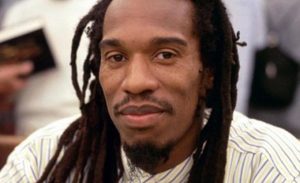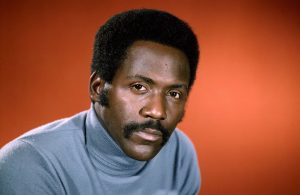Mulayam
Singh Yadav, Samajwadi Party patriarch, and one of the tallest leaders of
post-independent India, died on Monday aged 82. Yadav, for decades, was the
final word in Uttar Pradesh politics, a state which gives the Indian Parliament
the largest number of legislators. Three-time chief minister, Union Home
minister, Mulayam Singh Yadav, whom admirers call ‘Netaji’ has worn several
hats.
In recent
years, Yadav had started occupying a more marginal role within the Samajwadi
Party with his son, Akhilesh Yadav, taking on the reins of the party. Mulayam
was being treated at Gurugram’s Medina Hospital for days.
Who was
Mulayam Singh Yadav?
Family and
education
Mulayam
Singh Yadav was born on November 22, 1939 in British-ruled India’s United Provinces,
that later became Uttar Pradesh. Yadav’s parents, father Sughar Singh Yadav and
mother Murti Devi, were residents of Saifai village in Etawah district. Yadav
had five siblings – four brothers and a sister. Mulayam was the second son of
the Yadav family. His elder brother Ratan Singh Yadav died four years ago. He was
in the Indian Army. Mulayam Singh’s younger brothers are Rajpal Singh Yadav and
Shivpal Singh Yadav.
The ace
politician whose frequent pivots had the potential to shake up broad contours
of Indian polity had three degrees in political science, the first, a Bachelor
of Arts degree from Kam Kshetra Post Graduate College in Etawah, a second, a BT
degree, from AK College in Shikohabad and a third, a Master of Arts (MA) degree
from BR College, Agra University.
Mulayam
Singh Yadav has married twice. His first wife, Malati Devi, was in a vegetative
state from 1973 to 2003, following complications while giving birth to their
only child, Akhilesh Yadav. In the 1990s, Mulayam Singh began a relationship
with Sadhana Gupta, while still married to Malati Devi. The relationship was
admitted to in the Supreme Court. Sadhana Gupta died in 2022 following a brief
illness. Prateek Yadav is Sadhana Gupta’s son from her first marriage.
Life in
politics
Yadav’s
foray into politics was aided by stalwarts such as Ram Manohar Lohia and Raj
Narain. He was first elected to UP’s legislative assembly in 1967 when he was
in his late 20s. When erstwhile Indian Prime Minister Indira Gandhi declared an
Emergency in 1975, Mulayam was arrested and kept in custody for 19 months.
Walking out of prison, Yadav took oath as a minister for the first time in
1977.
In 1980,
Mulayam Singh Yadav became president of the Lok Dal (People’s Party) in Uttar
Pradesh. It was the Lok Dal that would later go on to form a critical part of
the Janata Dal. Two years later, Mulayam Singh became the Leader of the
Opposition in the Uttar Pradesh Legislative Assembly. After the Lok Dal split,
Mulayam launched the Krantikari Morcha party.
Mulayam
Singh Yadav became the chief minister of Uttar Pradesh for the first time in
1989. When the Union government led by VP Singh collapsed, Mulayam offered
support to Chandra Sekhar’s Janata Dal (Socialist) party and continued in
office with the support of once-rivals Indian National Congress (INC).
In 1991,
one of the most critical years of independent India’s history, the Congress
withdrew support from Chandrasekhar’s government. Mid-term elections had to be
called in Uttar Pradesh and Yadav lost power to the Bharatiya Janata Party
(BJP).
In 1992,
Mulayam Singh founded the Samajwadi Party (SP). He allied with the Bahujan
Samaj Party (BSP) for the 1993 elections and formed the government in Uttar
Pradesh again, this time with the support of Congress and Janata Dal, taking on
the chief ministerial mantle for the second time.
Mulayam
Singh later went on to contest Lok Sabha elections from Mainpuri. The United
Front coalition government was in power, and Singh became the defence minister.
In 2002,
following a political crisis in Uttar Pradesh, the BSP-BJP combine government then
in power, fell. Mulayam Singh was quick to make his political calculations and
became the chief minister of India’s biggest state for the third time, this
time with the support of a host of independents and smaller parties. At the
time, Yadav was a member a Parliament. He quit the Lok Sabha seat to continue as
chief minister.







